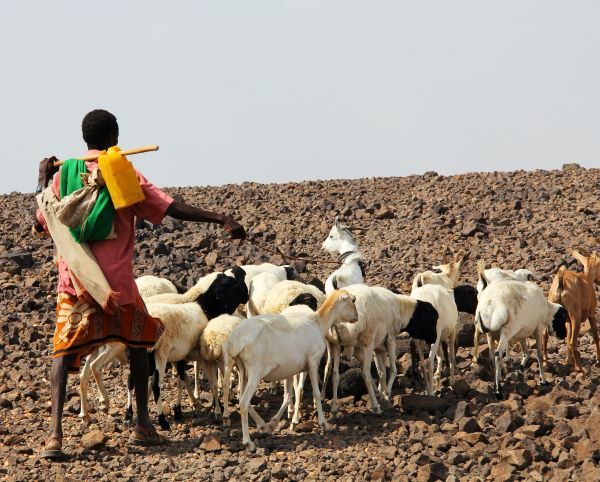The Food and Agriculture Organization of the United Nations (FAO) has launched a new online course to capacitate poultry farmer field school facilitators and master trainers.
The course was developed by a multidisciplinary team from different FAO branches, including the Animal Production and Health Division, the Food Systems and Food Safety Division, the Global Farmer Field School Platform, and FAO country offices in Kenya, Zambia and Zimbabwe. The FAO Subregional Office for Eastern Africa, the International Fund for Agricultural Development (IFAD), FAO Niger and the University of Nebraska – Lincoln also contributed with relevant technical content for the course.
The course is set to broaden their knowledge and skills in FFS facilitation in poultry production and health and in approaches to promote prudent antimicrobial use and raise awareness on antimicrobial resistance (AMR). A total of 47 participants (18 women and 29 men) drawn from trained FFS facilitators from Zambia and Zimbabwe, are enrolled in the course. Participants are attending the course from either their smartphones or laptops, making the course accessible to personnel working in remote areas of the two countries. This course will be rolled out over six weeks.
Poultry production
In this course, participants have access to learning materials mainly in the form of videos and images on the course web page. They will also interact with experts on poultry production, FFS, and AMR in an interactive discussion forum and live sessions, including live presentations and group discussions.
Areas covered in the training include principles and characteristics of family poultry production and poultry FFS; planning and designing FFS activities on poultry in collaboration with participating producers; key technical information on poultry production and health such as good practices in animal husbandry, biosecurity and those promoting food safety. In addition, the course emphasizes the importance of AMR, its potential impacts on farm productivity and the welfare of people and their animals, as well as the underlying drivers of AMR, such as poor biosecurity and antimicrobial use.
“The capacity built through this training will contribute significantly to improving production and productivity of smallholder poultry, leading to better food security, nutrition, reduced threats to human health as well as reduced poverty. Informed citizenry and farmers are crucial to the realization of livestock and crop production that meets international trade standards in both quantity and quality,” said Patrice Talla, FAO Sub-regional Coordinator for Southern Africa during the opening webinar for the launch of the course.










[…] Source link […]
Comments are closed.